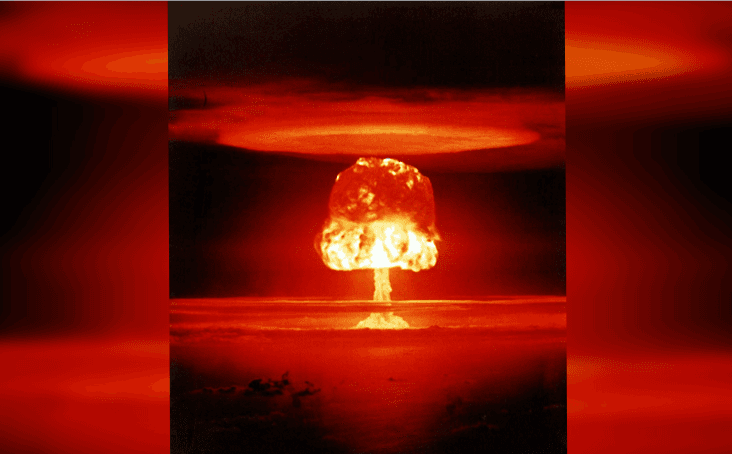A U.S. federal agency has scheduled a briefing for how the public can prepare for nuclear war.
“While a nuclear detonation is unlikely, it would have devastating results and there would be limited time to take critical protection steps,” stated the Centers for Disease Control and Prevention (CDC) on its website.





